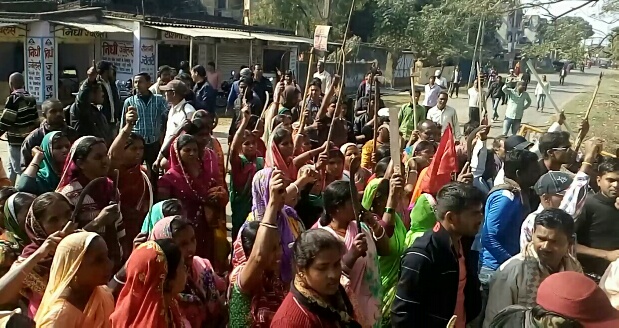 Presently I am coming in regular contact with a person who can easily be called an eminent police academician. He is Prof Lawrence Sherman, presently at Institute for Criminology, University of Cambridge, UK. He talks of Evidence Based policing day and night. That is his passion, which is his professionals well. For those of you who are not very conversant with this concept, what it fundamentally means is that the rigours of scientific research methods and methodologies shall be sincerely and diligently applied to each and every aspect of policing to a much larger extent and in a much deeper manner.
Presently I am coming in regular contact with a person who can easily be called an eminent police academician. He is Prof Lawrence Sherman, presently at Institute for Criminology, University of Cambridge, UK. He talks of Evidence Based policing day and night. That is his passion, which is his professionals well. For those of you who are not very conversant with this concept, what it fundamentally means is that the rigours of scientific research methods and methodologies shall be sincerely and diligently applied to each and every aspect of policing to a much larger extent and in a much deeper manner.
He insists that these scientific research methods shall be extended to as many subjects and to as specific regional units as possible. Thus if a research has been carried out on Community Policing in Manchester, it shall not be taken to apply naturally to Delhi or Darjeeling. Initially when I heard these words, I was not exactly impressed but the more I think of it, the more I realize that there is much merit and sense in what he is saying.
For the following reasons, we need to initiate, incorporate and put forth scientific methods of research modalities in policing (call it by EVP or whatever other name)-
1. It gives an exactness and depth to our believing and gut feeling
2. Many a times, it also controverts our thinking held for long
3. It helps formulate many new concepts and helps us check whether we are on right path
4. It helps us evolve in the right direction and also to discard those methods which are not being proving useful, as per the indications of the results of these scientific research works
5. It gives a kind of respectability and acceptability to what a person(s) have been saying
6. It assists us in pursuing our point of view across the table when dealing with policy makers etc
7. It shows our seriousness and concern about finer aspects of policing and sends positive waves around
Having thought over these issues presented above, I as a self-proclaimed critic of Prof Sherman have now become extremely thankful to him for having initiated me into going for and relying upon rigorous scientific methods of research even in policing.
Similarly, another person I would like to personally mention whose work I initially thought as being of no importance but later thoughts let me understand of my impetuousness in this regards is Ms Nina Singh, the IGP from Rajasthan.
I came through the Rajasthan experiment which as per her own version is “an attempt to overcome the challenges of police reforms in the Indian state of Rajasthan, evaluated through a series of RCT (Randomized control Trials). Four reforms interventions were implemented in a randomly selected group of 162 police stations across 11 districts of Rajasthan-
1. weekly duty rosters with a guaranteed rotating day off
2. a freeze on transfer of police staff
3. in-service training to update skills
4. placing community observers in the police stations”
I particularly thought that all these four reforms had very obvious answers and there was no need to have any kind of experimentation with them of any kind, less so the sophisticated RCT.
Yet, for the reasons stated before I would again reiterate that instead of being skeptic and critical, a person like me and the rest of us shall be extremely thankful to Ms Nina Singh and the group for having ventured us in this new realm, hitherto generally unknown to Indian Police.
Yes, I must say that great service has been done by Sri A S Gill, the ex DGP of Rajasthan (under whom Ms Singh and her team worked and yielded wonderful results) to Indian Police by having initiated and formulized this entire process whereby RCT was put on actual ground for the first time possibly in Indian Police, that too at such a large scale. Thus, the concepts of Randomized Controlled Trials, scientific experimentations and rigorous research methods are slowly coming in a big way in Indian Police.
In fact, we need more and more of these in India, so that Indian politicians and Indian public takes us much more seriously.
Amitabh
An IPS officer from UP


